Journalists engaged in climate action. Networking and self-training have been the main focus of these professionals who take on the coverage of national and international forums and other events on climate change, as a way of ensuring the right to information and freedom of expression of scientists, NGOs, vulnerable communities and/or those most impacted by global warming.
“The role of civil society is essential to ensure that all voices have the opportunity to be heard and that we all fulfil the promises we make.” This was said by the United Nations Executive Secretary for Climate Change, Simon Stiell, at the opening of the 60th Subsidiary Bodies (SB60), the UN Climate Meetings taking place between 3 and 13 June 2024 at the Bonn World Conference Centre, Germany.
The purpose of the SB60 is to debate and stimulate progress on important issues and prepare the decisions to be taken at the next UN Climate Change Conference – COP29, which this year will be held in Baku, Azerbaijan, next November (between the 11th and 22nd of that month). Representatives from more than 200 countries took part in SB60, including media professionals. Unfortunately, Cabo Verde did not have any media representation at the event, and it is on the basis of the UN Executive Secretary for Climate Change’s statements that we emphasise in this article the importance of journalists and other media participating in forums of this kind. Mainly so that “the voices of women, indigenous peoples and other communities impacted by climate change are heard,” says Brazilian journalist Angelo Madson Barbosa. The Brazilian journalist says that indigenous women, those who live in the Amazon region and traditional communities are the ones who suffer most from climate change.
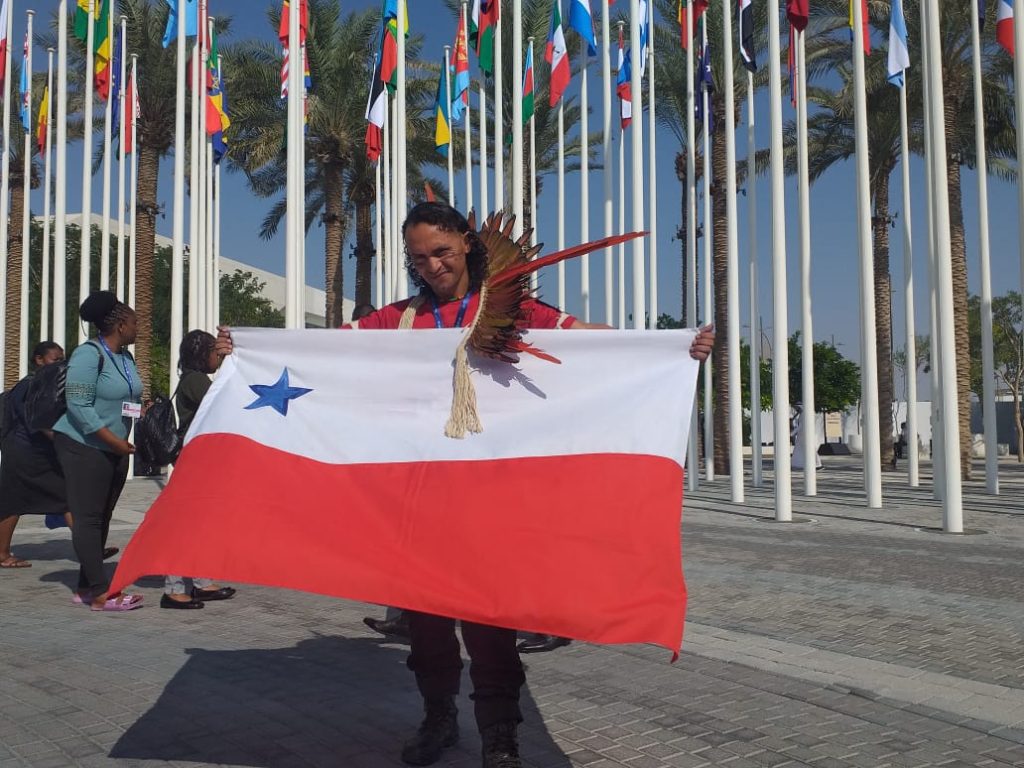
The Brazilian journalist says that indigenous women, those living in the Amazon region and traditional communities are the ones who will suffer the most from rising temperatures and for this reason they should actively participate, through civil society organisations, in all international conferences on climate action, including the decisive forums, and thus express their concerns and point out solutions. Angelo Madson Barbosa has attended several conferences on climate change and therefore advocates involving journalists in these events as a way of bringing the voice of those who, according to him, are most affected by the climate crisis to the world.
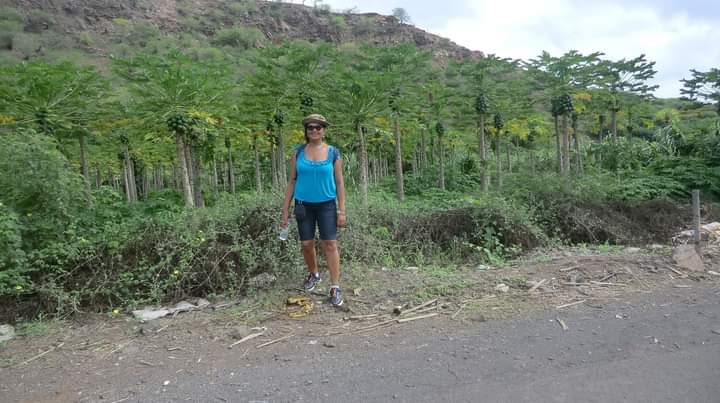
For Joana Lopes, a senior journalist at Rádio de Televisão Cabo-verdiana – RTC, a professional with more than 20 years’ experience covering environmental and climate issues and also one of the first journalists from the Cabo Verdean archipelago to cover a Conference of the Parties (COP26 in November 2021 in Glasgow, “The presence of journalists at conferences on climate and the environment is not just about covering and publicising these events, but also about enriching the news agenda in newsrooms, which are often poor on issues relating to the environment and climate change.” Bringing issues of climate action and ways of mitigating global warming onto the daily news agenda means giving a voice to the communities affected by the impacts of this phenomenon, as well as to experts and scientists in the field. The inclusion of journalists, as social actors and critical mass educators, in climate and environmental forums is in line with the speech and recommendations of the UN Executive Secretary for Climate Change, Simon Stiell, at the opening of SB60 on 3 June in Bonn, Germany. Media coverage is therefore a key element, both in terms of guaranteeing plurality in the information disseminated in the media and in terms of the fulfilment of the agreements and targets assumed by countries.
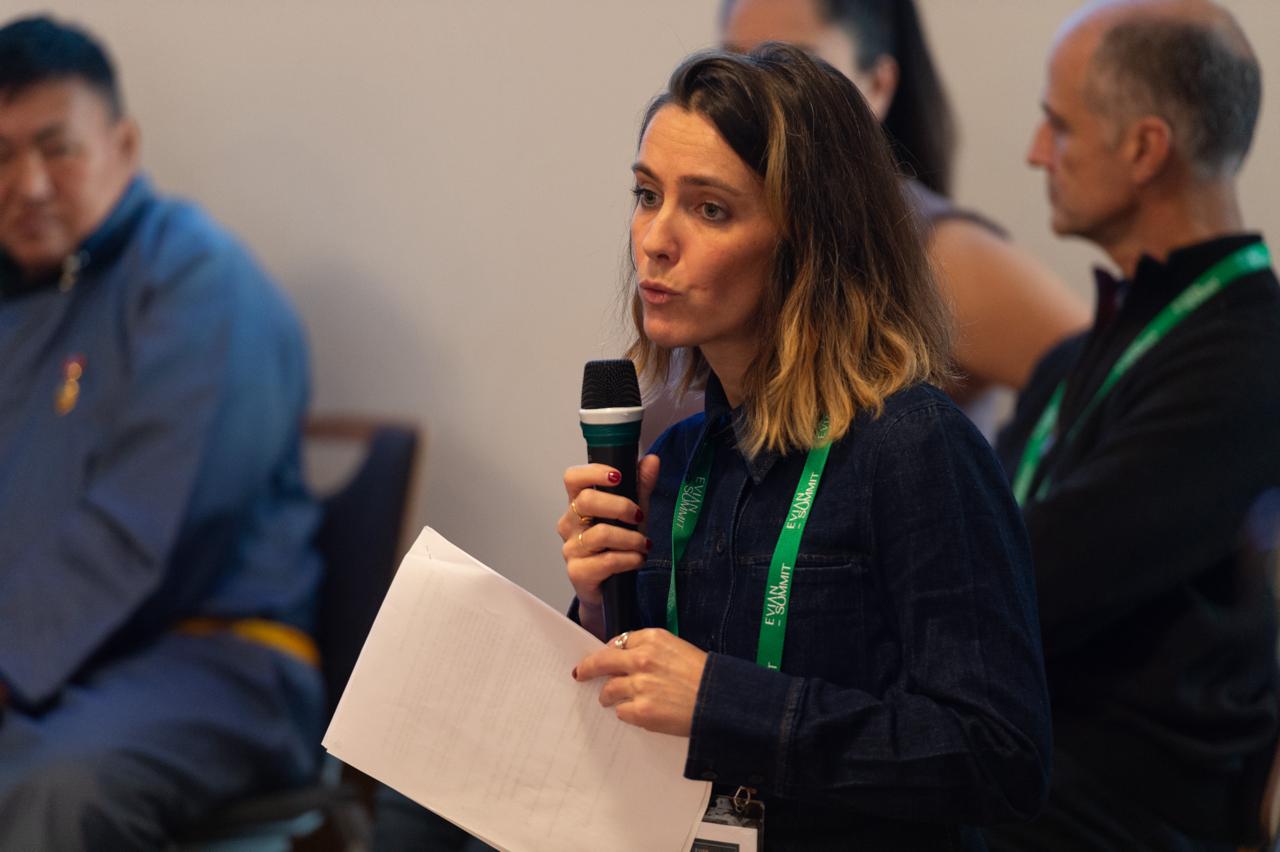
With this in mind, French environmental journalist Noélie Coudurier revealed that she had been hired by the French Media Development Agency (CFI) to accompany five African journalists (two Portuguese-speaking and three French-speaking), beneficiaries of the Terra África project developed by the agency during COP28, which took place between 30 November and 11 December 2023 in Dubai. Terra África aims to train and boost journalistic stabilisation in the environmental field. Noélie Coudurier’s mission during COP28 was to help her fellow journalists adjust their journalistic language to the more scientific terms of the climate and environmental field, as well as to maintain focus in their reports, given that the COP is intense and diverse in terms of information and sources. Journalist Noélie Coudurier, who specialises in environmental and climate issues, says that good media coverage requires more training for media professionals, particularly journalists.
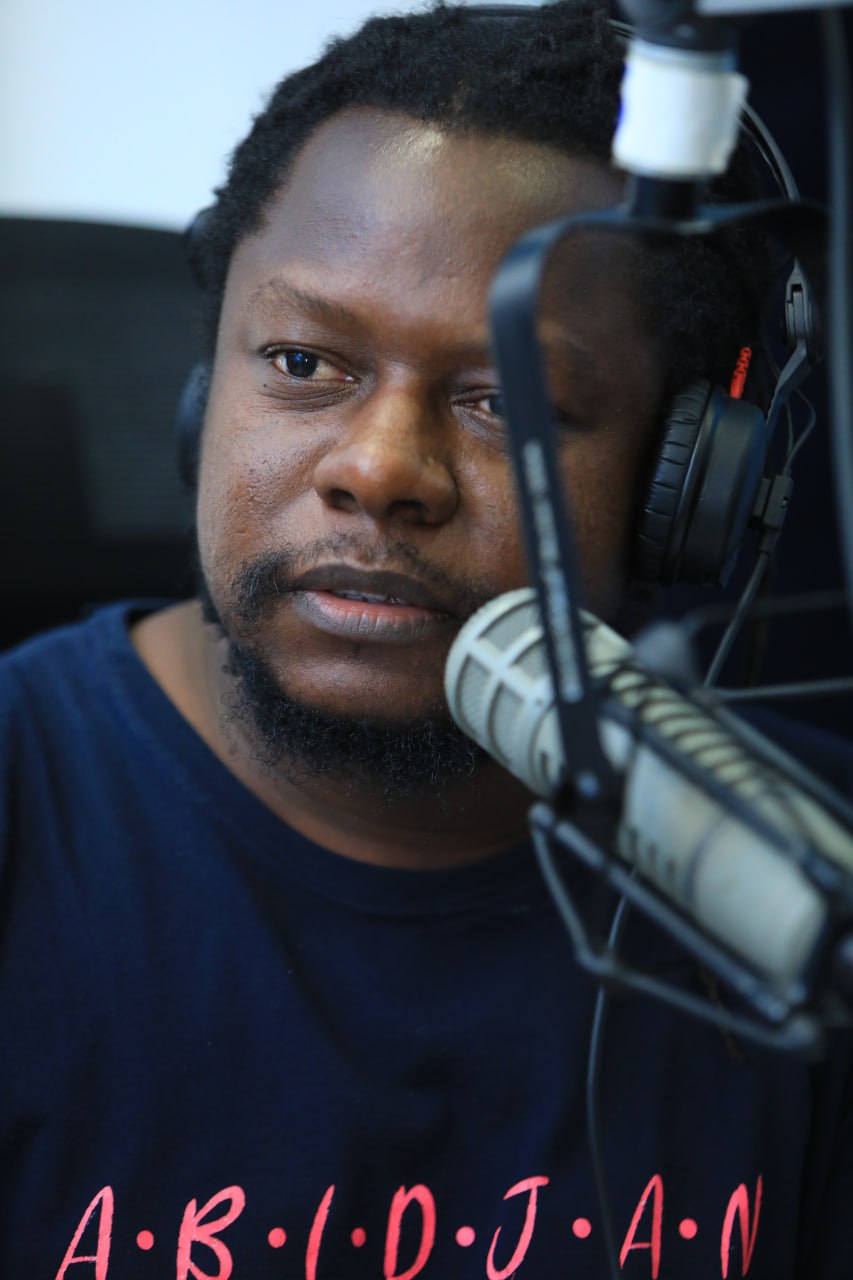
Côte d’Ivoire journalist Ghislaisn Coulibaly was one of the beneficiaries of the IFC’s Earth Africa Project. This project enabled him to take part in a COP for the first time last year.Before leaving for Dubai, Ghislaisn Coulibaly underwent a number of training courses, and he also told us that the fact that Côte d’Ivoire faces many problems, such as deforestation, coastal erosion, pollution and other issues motivated him “first of all, to have a good education on environmental issues, participating in various meetings, forums and important events”.The Côte d’Ivoire journalist also attended an English course (from 27 July to 5 October 2023) promoted by the US Embassy in Abidjan, to reduce the language barrier.
Ghislaisn Coulibaly also undertook voluntary training with the production team of “C’est Pasduvent”, Radio France Internationale’s environmental programme, in preparation for covering COP28 in Dubai. French journalist Anne Cécile Bras is the creator and presenter of the programme and was in Côte d’Ivoire from 9 to 15 March 2023 to record several segments of the magazine.
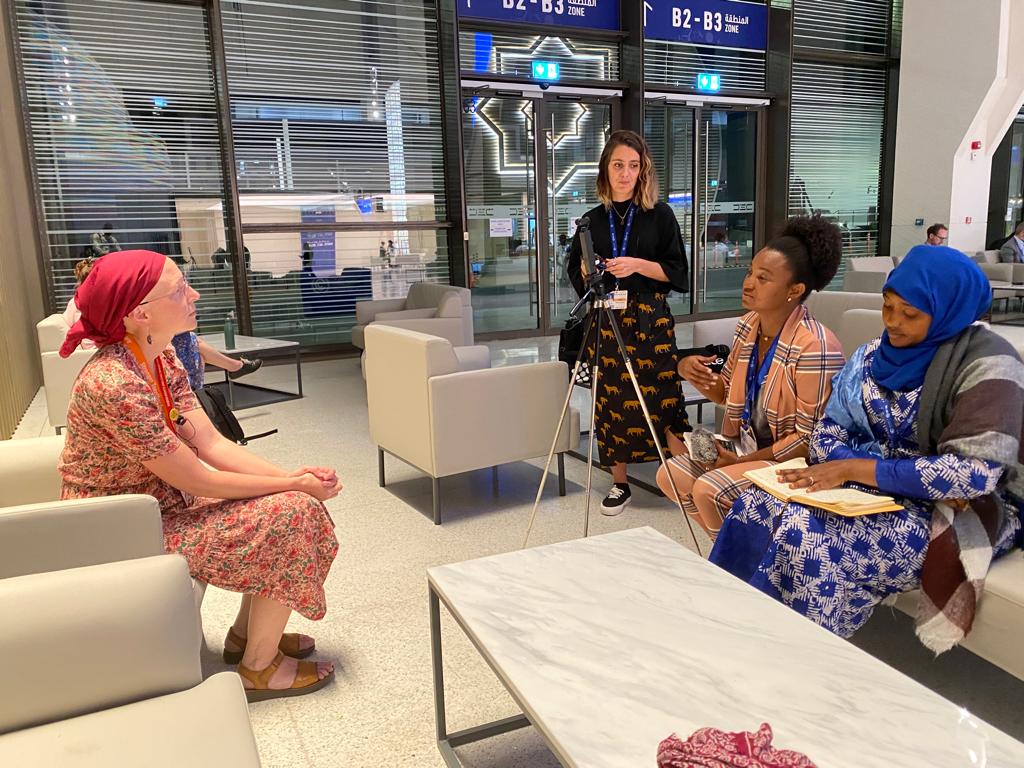
The continuous training of journalists in climate and environmental issues is fundamental for better coverage of forums on the subject, especially for better public enlightenment.
French environmental journalist Joélie Coudurier believes that the more “solid” journalists are on these issues, the more they will be able to master disinformation, “greenwashing” or “green make-up”, a practice of camouflaging, lying or omitting information about the real impacts of a company’s activities on the environment.It is precisely in order to improve the quality of journalistic work on the environmental and climate emergency that journalists around the world have organised and networked to exchange experiences and information on climate action and global warming.
Author
Nany Ariana Vaz,
Journalist
Announcer
Technical Sound Operator
Radio Content Programmer and Producer
Trainer in Communication and Interpersonal Relations
Specialist in African Regional Integration (Communication)
Event Coordinator/Producer
Independent singer and performer
